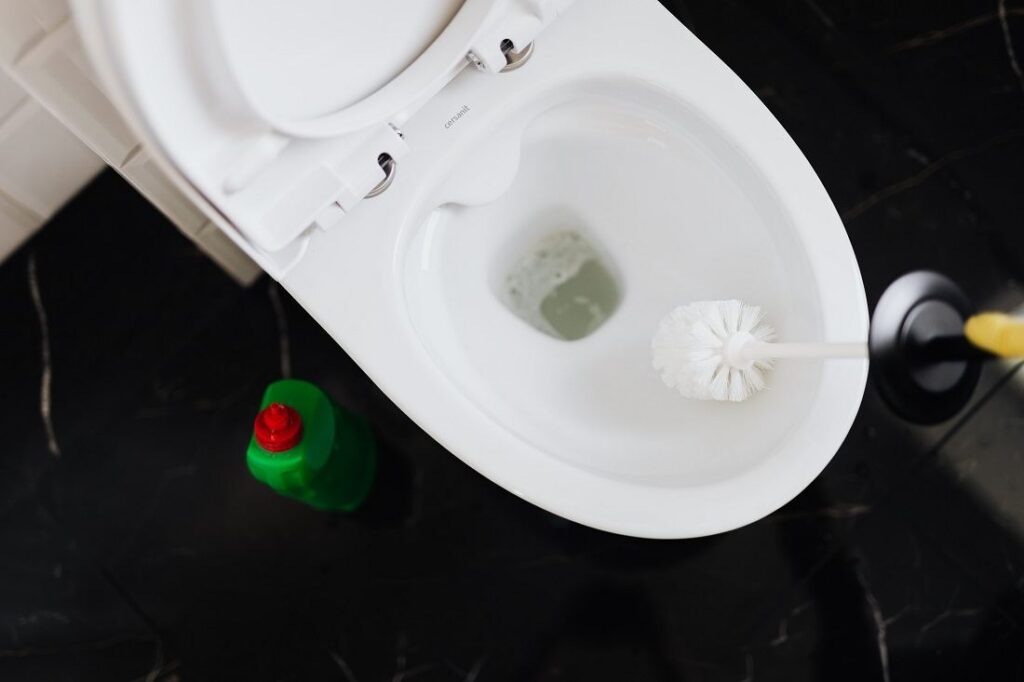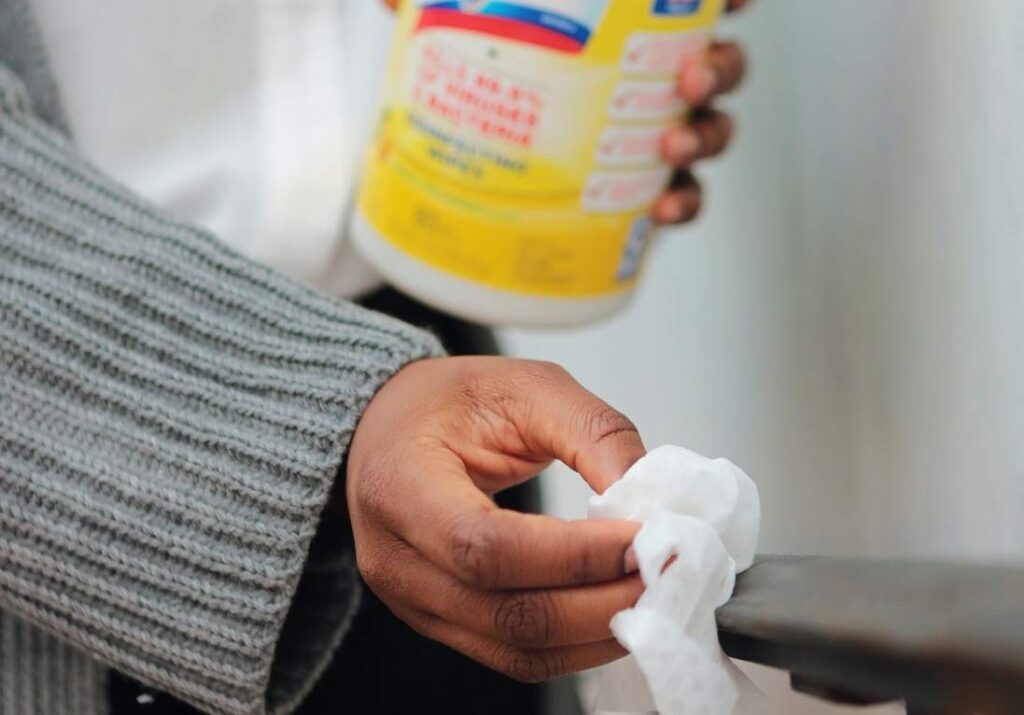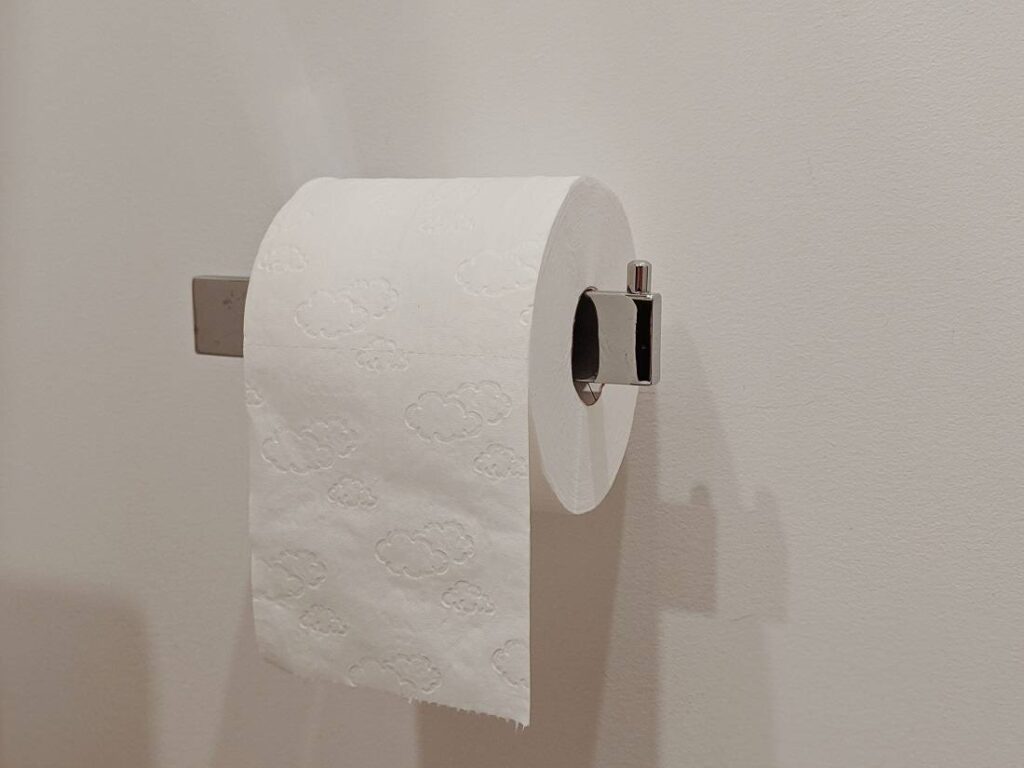
What are biodegradable wipes?
Biodegradable wipes are a type of wet wipes that are designed to break down more easily in the environment compared to traditional wipes. They are typically made from materials that are biodegradable or compostable, such as plant fibres or cellulose, and they may also use natural or organic ingredients in their formulation.
The term “biodegradable” means that the wipes are capable of being broken down by natural processes, such as bacteria or fungi, into simpler substances over time. However, it’s important to note that the rate of biodegradation can vary depending on the specific composition of the wipes and the environmental conditions they are exposed to.
Biodegradable wipes are often marketed as a more environmentally friendly alternative to regular wipes because they have the potential to reduce the environmental impact associated with their disposal. However, it’s important to use them responsibly and follow the manufacturer’s instructions for proper disposal, which typically involves disposing of them in the trash rather than flushing them down the toilet.

Can you flush biodegradable wipes down the toilet?
No, it is not recommended to flush biodegradable wipes down the toilet. While biodegradable wipes are designed to break down more quickly than regular wipes, they can still cause problems in the sewage system. Flushing wipes, even if they are labelled as biodegradable, can lead to clogged pipes and sewer backups.
Biodegradable wipes may break down more easily in natural environments, such as composting facilities, where they can be properly processed. However, in most municipal sewage systems, they do not break down quickly enough and can contribute to blockages and damage to the infrastructure.
To prevent issues and protect the sewage system, it is best to dispose of biodegradable wipes in the trash. You should always follow the manufacturer’s instructions for proper disposal and consider using alternative products like toilet paper that are specifically designed to break down in water.

What is the difference between biodegradable wipes and traditional wipes?
The main differences between biodegradable wipes and regular wipes lie in their production, environmental impact and decomposition process.
a. Materials: Biodegradable wipes are typically made from natural materials that are more easily broken down by natural processes. These materials can include plant fibres, cellulose, or other biodegradable substances. Regular wipes, on the other hand, are often made from synthetic materials like polyester or polypropylene, which are not easily biodegradable.
b. Biodegradation: Biodegradable wipes are designed to break down more readily in the environment through the action of microorganisms. They can be broken down into simpler substances, such as water, carbon dioxide, and biomass, within a reasonable period of time. Regular wipes, being predominantly made of synthetic materials, do not biodegrade as easily or as quickly, leading to potential environmental concerns.
c. Environmental Impact: Biodegradable wipes are generally considered to have a lower environmental impact compared to regular wipes. They have the potential to reduce the accumulation of non-biodegradable waste in landfills or natural environments. However, it’s important to note that biodegradable wipes may still require specific conditions or facilities, such as industrial composting, for proper decomposition.
Despite these differences, it is important to remember that proper disposal practices are crucial for both biodegradable wipes and regular wipes. Biodegradable wipes should not be flushed down the toilet, as they can still cause problems in sewage systems. Instead, they should be disposed of in the trash or according to the manufacturer’s instructions. Regular wipes should also be disposed of in the trash and not flushed, as they can contribute to clogs and sewer backups.
Which wipes can be flushed?
In general, it is recommended that you do not flush any type of wipes, even those labelled as “flushable.” While some wipes may be marketed as flushable, they can still cause problems in plumbing and sewage systems.
Wipes, including baby wipes, makeup wipes, cleaning wipes, and even those labelled as flushable, do not break down quickly like toilet paper. They can accumulate and create blockages in pipes and sewage infrastructure. These blockages can lead to clogs in your plumbing or cause issues in municipal sewer systems.
To avoid potential plumbing problems and environmental damage, it is best to dispose of wipes in the trash. This applies to all types of wipes, regardless of whether they are labelled as flushable or biodegradable. Using toilet paper, which is designed to quickly break down in water, is the safest and most appropriate option for flushing.
Can biodegradable wipes clog the toilet?
Yes, biodegradable wipes can clog the toilet and plumbing system. While biodegradable wipes may be designed to break down more easily than regular wipes, they can still potentially cause clogs in toilets and plumbing systems. Although they are more biodegradable compared to traditional wipes, they may not break down quickly enough when exposed to water and sewage in the plumbing system.
To prevent clogs and potential plumbing issues, it is generally recommended to dispose of biodegradable wipes in the trash rather than flushing them down the toilet. This helps to avoid the risk of clogs and ensures the proper functioning of your plumbing system.


